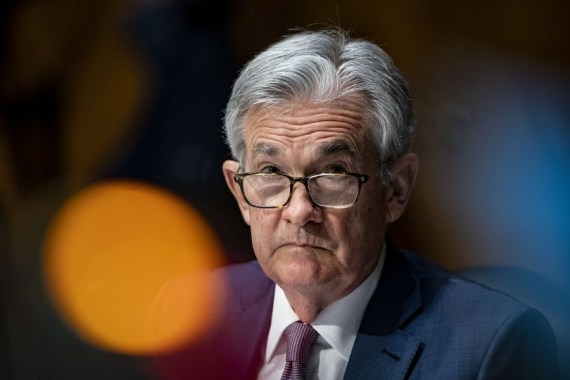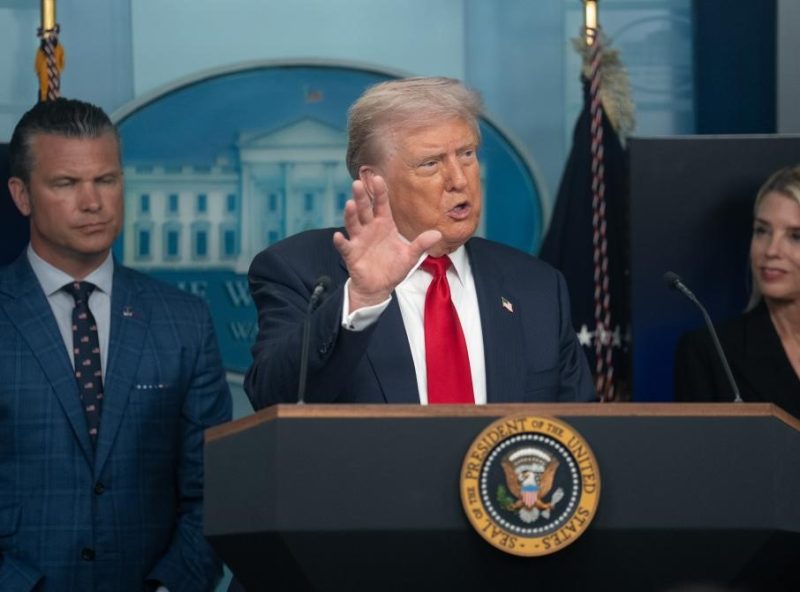US Federal Reserve Chair Jerome Powell has said the Covid-19 pandemic continues to pose risks to the US economic outlook as the pace of vaccination has slowed.
“Progress on vaccinations has limited the spread of Covid-19 and will likely continue to reduce the effects of the public health crisis on the economy,” Powell said in written testimony released Monday afternoon on the Fed’s website, which was prepared for a Tuesday hearing before the House Select Subcommittee on the Coronavirus Crisis, Xinhua reported.
“However, the pace of vaccinations has slowed and new strains of the virus remain a risk. Continued progress on vaccinations will support a return to more normal economic conditions,” he said.
Powell’s testimony came as public health experts warned that the highly contagious Delta variant continues threatening the US, especially in states with the lowest vaccination numbers.
The Delta variant, which is believed to be more transmissible and cause more severe disease, could cause an upsurge in infections, but the levels will vary depending on the rates of vaccination in each area, said Scott Gottlieb, former commissioner of the US Food and Drug Administration.
Powell also said in testimony that US inflation has increased notably in recent months as the economy continues to reopen.
“This reflects, in part, the very low readings from early in the pandemic falling out of the calculation; the pass-through of past increases in oil prices to consumer energy prices; the rebound in spending as the economy continues to reopen; and the exacerbating factor of supply bottlenecks,” he explained.
“As these transitory supply effects abate, inflation is expected to drop back toward our longer-run goal,” said the Fed chair.
Core personal consumption expenditures price index, the Fed’s preferred inflation measure, is expected to rise to 3 per cent by end of 2021, and then decelerate to 2.1 per cent over the next two years, according to the Fed’s latest Summary of Economic Projections released last week.









